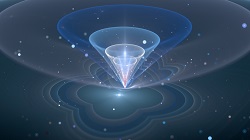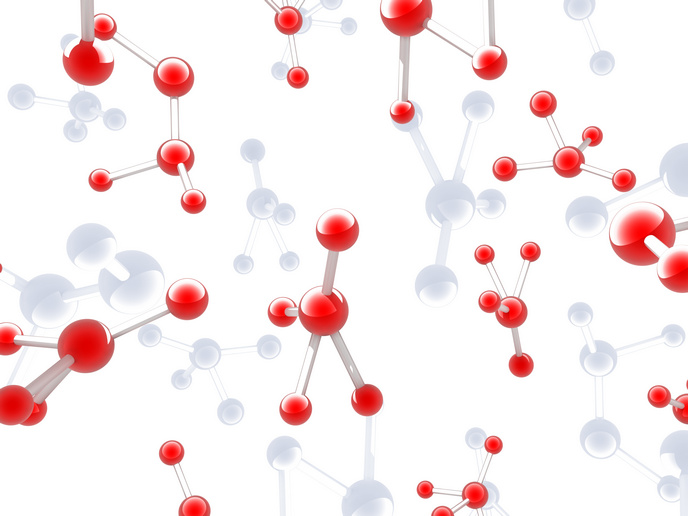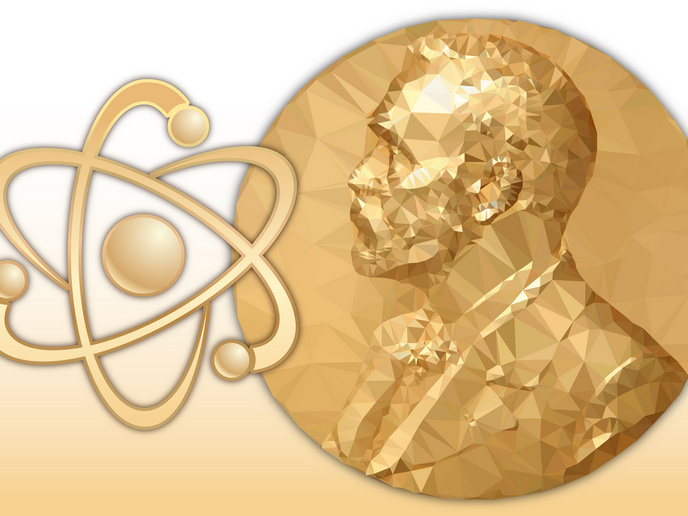Stable qubits draw quantum computing closer
Quantum simulation refers to using a quantum system in controlled laboratory conditions to simulate another quantum system, whose description lies outside the capabilities of conventional computers. This approach is well summarised by the renowned theoretical physicist Richard Feynman's memorable words: “Nature is not classical, and if you want to make a simulation of nature, you'd better make it quantum mechanical.” Ultracold atoms and cold trapped ions are one of the most promising tools for simulating the behaviour of complex many-body systems. The high degree of controllability and novel detection possibilities allow the study of novel quantum states of matter that are almost impossible to achieve on a macroscopic scale. “So far, significant progress has been achieved in developing quantum simulators that are able to predict the behaviour of complex engineered quantum systems. This involves modelling many-body Hamiltonian operators of increasing complexity in a controlled fashion,” says Prof. Fabrizio Illuminati of the EU-funded project EQuaM. Out of chaos comes order EQuaM opened the door to a better understanding of physical phenomena that seem to be connected to the collective quantum properties of some materials. Researchers working on the project thoroughly studied ensembles of interacting ultracold atoms and manipulated them in order to simulate the behaviour of frustrated quantum magnets. “Frustration plays a central role in exotic states of matter such as quantum spin liquids,” notes Prof. Illuminati. Frustrated magnets prevent the ordered arrangement of electron spins, and so they collapse into a liquid-like state. The electron spins continue to point at different directions even at temperatures near absolute zero. Yet, researchers noticed that atoms seem to spontaneously arrange themselves in a different kind of order, regulated by ordered patterns of long-range quantum entanglement at larger scales – at least on the scale the experiment examined. “A main challenge for researchers was to recreate the conditions required to grow quantum spin liquid materials in the laboratory and develop proper tools for their detection and control that should allow for a complete understanding of their properties,” adds Prof. Illuminati. Frustration turns into a boon Observing characteristic features of a spin liquid in a frustrated quantum magnet structure provides fundamental opportunities for understanding physics at the intersection of condensed matter and quantum information processing. “A central trait of this strange new quantum state of ordered matter is its topological character. In other words, it separates its global geometric properties from the local geometric shapes that are attributed to the interaction between the microscopic components. This makes it particularly resilient to perturbations by local imperfections and outside influences,” explains Prof. Illuminati. But how is this relevant to quantum applications? Realising qubits with long coherence times lies at the heart of all quantum information technologies. The ability of qubits to stay in superposition and entangle is severely jeopardised by intrinsic imperfections in the system and by any fluctuation caused by the interaction with the external environment. Using the collective motion of the atoms simulating the frustrated magnet, it is possible to create topological qubits that are protected from interactions with the environment. The ambitious aim of topological quantum computing is to develop hardware immune to decoherence, thereby mitigating the need for active error correction. “In a European first, EQuaM implemented a passive approach towards the effective quantum technologies instead of an active one based on error-correction. All systems and configurations of topological quantum matter are intrinsically stable and thus resilient to the detrimental effects of environmental noise,” Prof. Illuminati points out. EQuaM demonstrated that it is possible to create stable and ordered phases of quantum matter in the laboratory with ensembles of ultracold atoms and furthered the theoretical understanding of collective quantum properties of such matter. Results represent a ‘bit’ leap forward in the field of ultracold atoms. They will be of broad interest to the large research community exploring the areas of coherence and quantum information, especially for the design of stable and reliable topological quantum computers and quantum memories.
Keywords
EQuaM, qubit, quantum computing, ultracold atom, frustrated magnet, spin liquid, topological order







